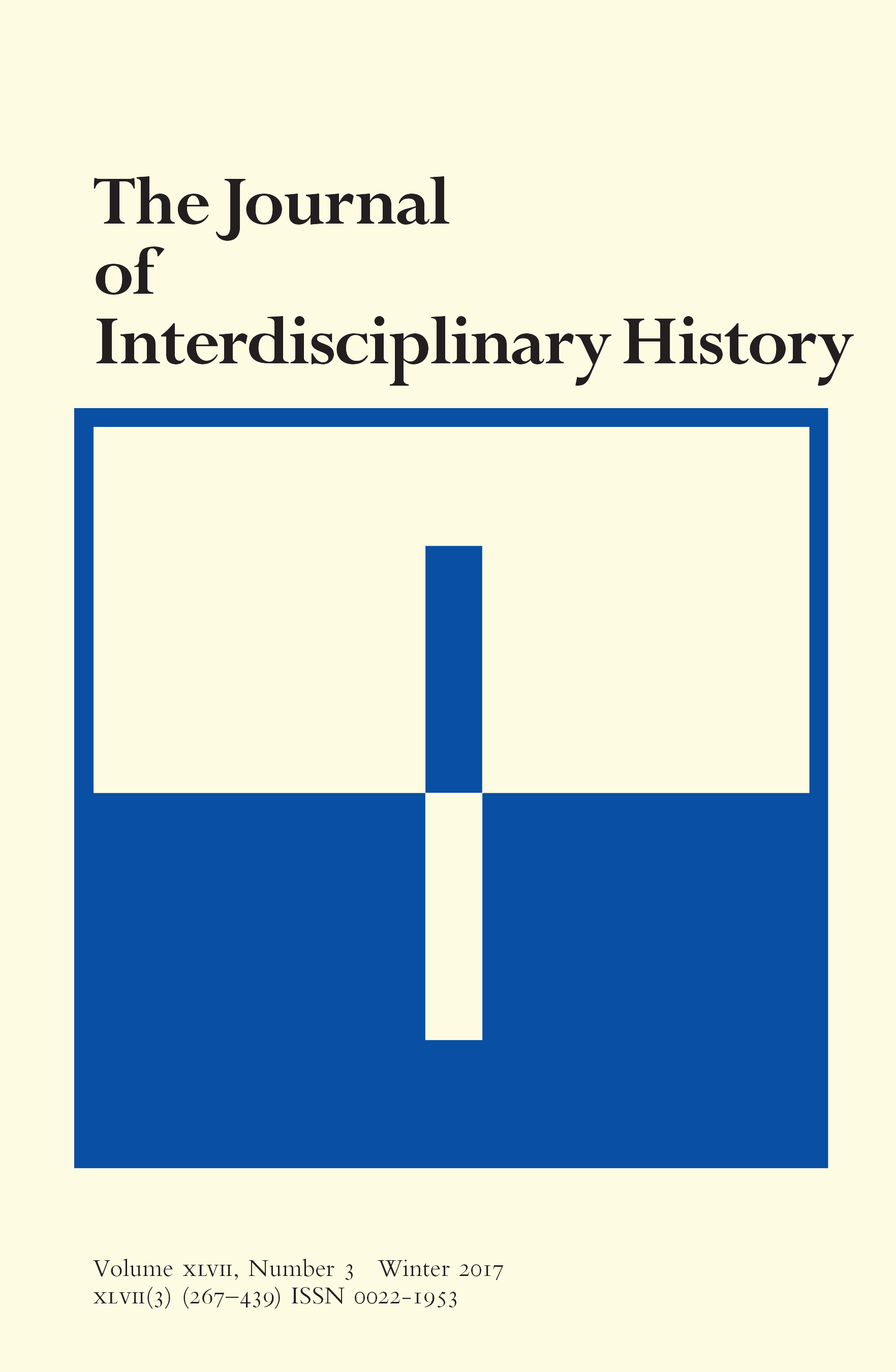In the face of more than a century of scholarship that has made Oaxaca and its peoples an object of inquiry—in archaeology, anthropology, sociology, and other fields—this wide-ranging study instead demonstrates the many ways that Oaxacans have made themselves the subjects of their own history. Indigenous youth, in particular, drive this interdisciplinary analysis, which relies on local, state, and national archives, as well as interviews with key figures, to highlight the contested nature of state-directed modernization efforts. By closely examining agricultural and educational programs led by state agencies from the 1950s through the 1980s, Dillingham demonstrates the contradictory and complicated nature of indigenismo in Mexico in the decades after World War II. State agencies created to promote official Indigenous uplift in Mexico sought to solve problems that they associated with indigeneity, simultaneously understanding the country’s Indigenous populations as “the origin of national identity, a barrier to be overcome, and a...
Skip Nav Destination
(
Article navigation
Autumn 2022
September 01 2022
Oaxaca Resurgent: Indigeneity, Development, and Inequality in Twentieth-Century Mexico by A. S. Dillingham
Oaxaca Resurgent: Indigeneity, Development, and Inequality in Twentieth-Century Mexico
. By A. S.
Dillingham
Stanford
, Stanford University Press
, 2021
) 272 pp. $90.00 cloth $30.00 paper
Christy Thornton
Christy Thornton
Johns Hopkins University
Search for other works by this author on:
Christy Thornton
Johns Hopkins University
Online ISSN: 1530-9169
Print ISSN: 0022-1953
© 2022 by the Massachusetts Institute of Technology and The Journal of Interdisciplinary History, Inc.
2022
The Massachusetts Institute of Technology and The Journal of Interdisciplinary History, Inc.
The Journal of Interdisciplinary History (2022) 53 (2): 370–372.
Citation
Christy Thornton; Oaxaca Resurgent: Indigeneity, Development, and Inequality in Twentieth-Century Mexico by A. S. Dillingham. The Journal of Interdisciplinary History 2022; 53 (2): 370–372. doi: https://doi.org/10.1162/jinh_r_01858
Download citation file:
Sign in
Don't already have an account? Register
Client Account
You could not be signed in. Please check your email address / username and password and try again.
Could not validate captcha. Please try again.
Sign in via your Institution
Sign in via your InstitutionEmail alerts
18
Views
Advertisement
Cited By
Related Articles
Thresholds of the Visible. Activist Video, Militancy, and Prefigurative Politics
ARTMargins (October,2019)
Matching as a Tool to Decompose Wage Gaps
The Review of Economics and Statistics (May,2008)
Re-examining Gender Earning Differentials in Malaysian Manufacturing
Asian Economic Papers (February,2022)
Blood Diseases in the Backyard: Mexican “ indígenas ” as a Population of Cognition in the Mid-1960s
Perspectives on Science (September,2017)
Related Book Chapters
Waste Practices and Politics: The Case of Oaxaca, Mexico
Environmental Justice in Latin America: Problems, Promise, and Practice
Resurgence
Tenacious Beasts: Wildlife Recoveries That Change How We Think about Animals
Forestry Comes to Oaxaca: Bureaucrats, Gangsters, and Indigenous Communities, 1926 – 1956
Instituting Nature: Authority, Expertise, and Power in Mexican Forests
Indigenous Voices
The Unnaming of Kroeber Hall: Language, Memory, and Indigenous California

